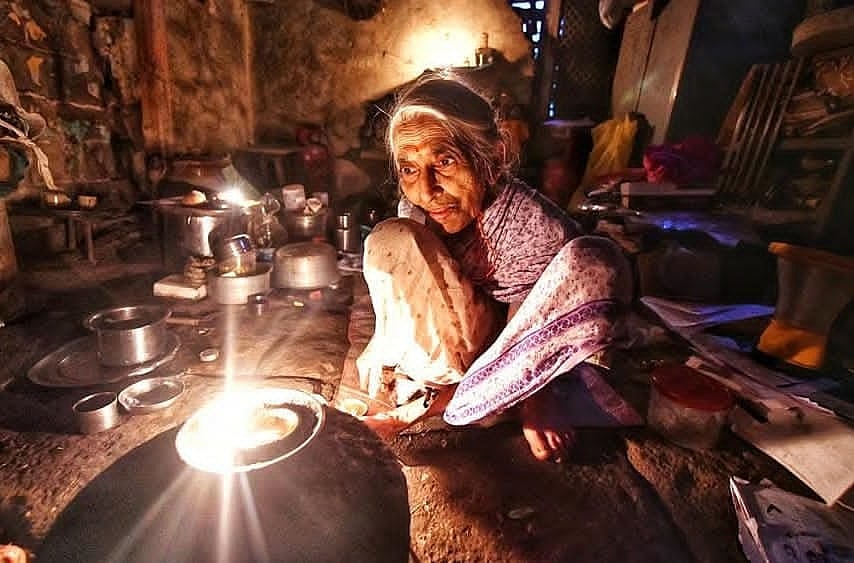Pune is currently dealing with an alarming outbreak of Guillain-Barré Syndrome (GBS), a rare neurological disorder linked to contaminated food and water. The residents of affected areas have expressed frustration with the Pune Municipal Corporation (PMC) for its inability to ensure clean drinking water, which many believe has contributed to the outbreak. With GBS being a relatively unknown condition, it is essential to understand its causes, symptoms, and preventative measures.
What is Guillain-Barré Syndrome?
Guillain-Barré Syndrome (GBS) is a rare condition where the immune system attacks the peripheral nervous system—the network connecting the brain and spinal cord to the rest of the body. This can result in symptoms like weakness, tingling, and numbness, which, in severe cases, may lead to paralysis.
The National Institutes Of Health (NIH) explained GBS as a rare but "serious post-infectious immune-mediated neuropathy. It results from the autoimmune destruction of nerves in the peripheral nervous system."
GBS often begins with tingling in the fingers and toes, progressing to muscle weakness in the legs and eventually spreading to the arms and face. Dr. Lomesh Bhirud, Neurologist at Ruby Hall Clinic, Pune, earlier told FPJ, "GBS typically starts with tingling or numbness in the fingers and toes. It may progress to muscle weakness in the legs and eventually spread to the arms and face. In severe cases, it can cause difficulty walking, speaking, swallowing, or even breathing. If symptoms appear suddenly or worsen quickly, it’s crucial to see a doctor immediately."
GBS is often triggered by an immune response to infections, such as:
Campylobacter jejuni, a bacterium linked to gastroenteritis, often from undercooked poultry.
Viral infections, including Zika virus, cytomegalovirus, and Covid-19.
Vaccinations, surgery, or trauma in rare cases may overstimulate the immune system.
In some instances, no specific trigger is identified, yet the immune system still targets the peripheral nerves.
Dr. Priyanka Sehrawat, MD Medicine and DM Neurology at AIIMS Delhi, recently shared a video on Instagram emphasising the need to avoid certain foods during the outbreak. She explained, "One major cause is gastroenteritis due to the bacteria C. jejuni. Although there are many other causes, this is the one that you all should be aware of because this is one cause that we can avoid. Avoid eating out. Avoid contaminated food and water. Take care of your immunity too. This illness is best treated within two weeks.”
Dr. Sehrawat also advised against consuming paneer, rice, and cheese, as these foods are prone to bacterial growth.
Paneer and cheese: These dairy products can harbour bacteria like Listeria, Salmonella, and E. coli if not stored properly.
Cooked rice: When left at room temperature, rice can develop Bacillus cereus, which produces toxins causing food poisoning.
To reduce the risk of bacterial contamination, these foods should be refrigerated and consumed promptly. Dr. Sehrawat stressed that prevention is key during the outbreak: “Take care of yourself. Now you know how to take care of at least one cause.”












